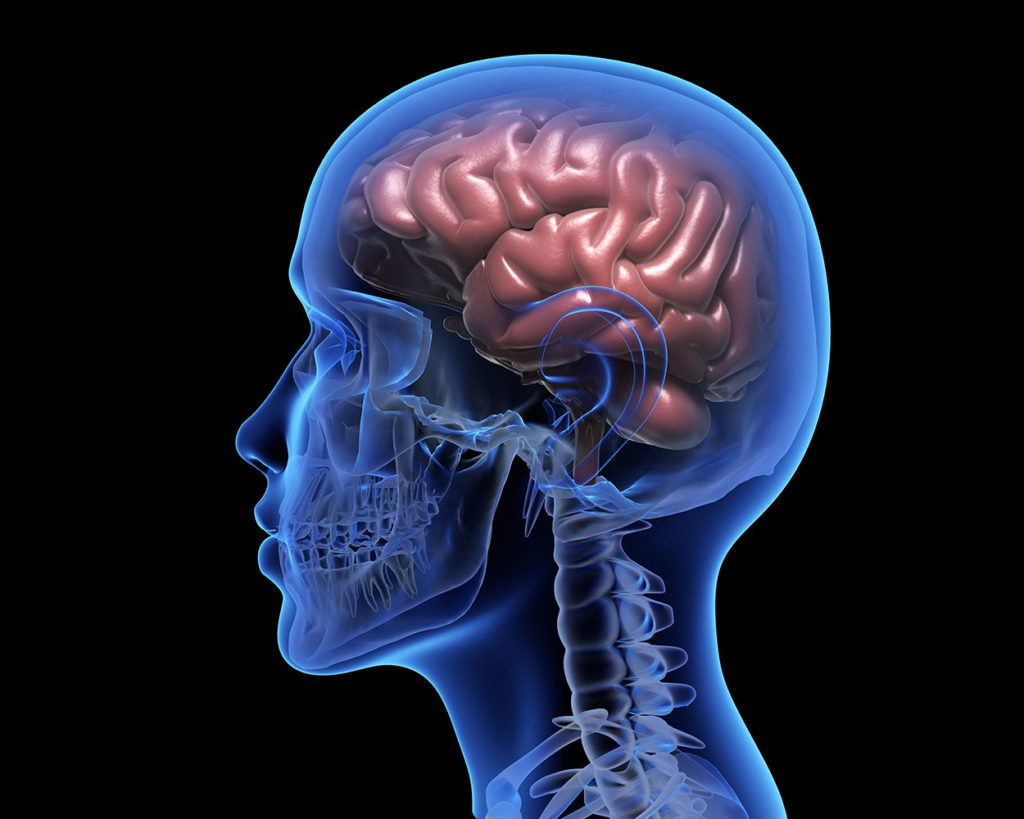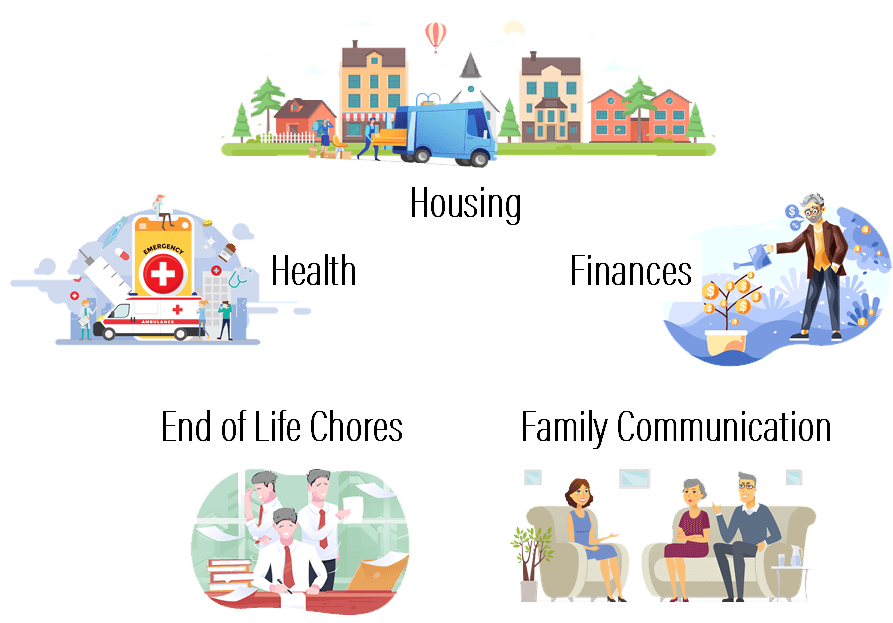Your brain is a critical organ at the center of your nervous system. Your brain is the most complex organ in your body. It manages and controls things like perception, motor control, homeostasis, arousal, motivation, learning, and memory. Your brain works hard and needs fuel for that effort. Your brain stays healthy with good blood flow. This is called cerebral circulation. Circulating blood provides oxygen and nutrients like glucose to your brain. Getting this blood to your brain requires about 15% of your heart’s capacity.

A complex network of arteries and vessels carries and circulates this blood to and through your brain. A stroke or mini-stroke is a sudden interruption of this blood supply. And if circulation is impaired, your brain can be damaged. Sometimes this type of condition is called a brain attack. Many conditions and disabilities related to neurological function can occur as a result.
Types of Strokes
Strokes come in two forms: ischemic and hemorrhagic. Ischemic strokes are caused by a blockage of arteries leading to the brain. Hemorrhagic strokes are when a blood vessel bursts causing bleeding into brain tissue. When stroke symptoms are short, less than an hour, there referred to as transient ischemic attack (TIA) or mini-stroke.
Diagnosing Strokes
Strokes are serious and acting quickly is critical to minimize brain damage. The famous acronym for recognizing a stroke is FAST.
F ace Drooping. Ask the senior to smile. Does one side of the face droop? Is it numb?
A rm Weakness. Ask the senior to raise both arms. Does one arm drift downward? Is one or both arms numb?
S peech Difficulty. Can the senior speak normally, or are their words slurred? Are they hard to understand? Ask the person to repeat a simple sentence like, “Is the kitty pretty?” Can they repeat the sentence accurately?
T ime to call 911. If any of the above symptoms are observed, call 911 and get the senior to the hospital. Don’t wait; even if the symptoms have gone away.
Stroke Symptoms
CarePlanIt’s Approach
CarePlanIt classifies every issue into one of five key areas: health, housing, finances, end of life chores & family communication. Once done, the CarePlanIt framework allows you to create an optimized process of addressing the challenge. You minimize your family’s time and costs while maximizing your chance at reaching an ideal solution. Although all five categories work together, it’s important to make an initial categorization.

A stroke is a “Health” issue that is evaluated by the chronic or temporary effects of the disease. CarePlanIt’s classification of health issues can help you better understand the impact of a stroke on your life. In short, both chronic and temporary effects of a stroke need to be managed properly or devastating complications can arise. The senior, their spouse and the entire family need to understand these implications. Depending on the severity of the condition, staying at home may be challenging, even impossible.
Quick Ideas
Prevention
To prevent the disease:
Treatment
Additional Information Can Be Found Below
Stroke information from the CDC – click here
Information from the Mayo Clinic on Stroke – click here
Stroke information from the Cleveland Clinic – click here